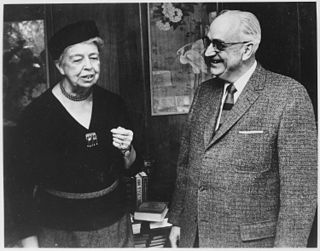A Quote by Sri Chinmoy
How to overcome destructive criticism? Just love a little more. That's all.
Quote Topics
Related Quotes
The more we realize we are loved, the more ashamed we are not to love back. The more we sin as a violation of love, not just of law, the more powerful a motive we will have to overcome it. For sin is attractive to us (otherwise we would never be attracted to it) and can be cast out only by something more attractive.
On the whole, however, the critic is far less of a professional faultfinder than is sometimes imagined. He is first of all a virtue-finder, a singer of praise. He is not concerned with getting rid of dross except in so far as it hides the gold. In other words, the destructive side of criticism is purely a subsidiary affair. None of the best critics have been men of destructive minds. They are like gardeners whose business is more with the flowers than with the weeds.
I don't have a very high opinion, actually, of the world of criticism - or the practice of criticism. I think I admire art criticism, criticism of painting and sculpture, far more than I do that of say films and books, literary or film criticism. But I don't much like the practice. I think there are an awful lot of bad people in it.
That was one of the big problems in the [Black Panther] Party. Criticism and self-criticism were not encouraged, and the little that was given often wasn’t taken seriously. Constructive criticism and self-criticism are extremely important for any revolutionary organization. Without them, people tend to drown in their mistakes, not learn from them.









































